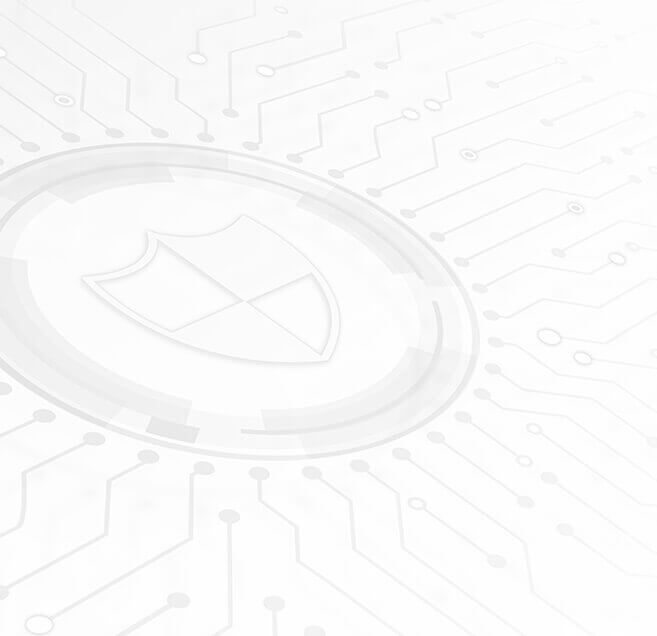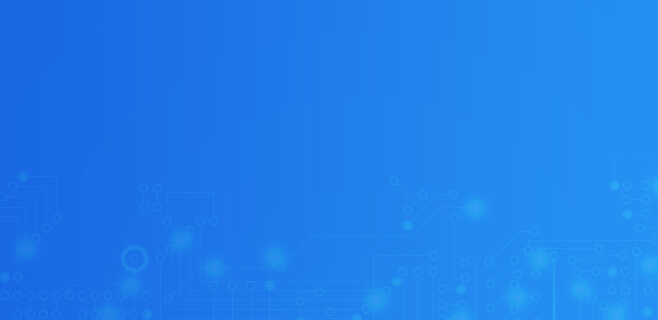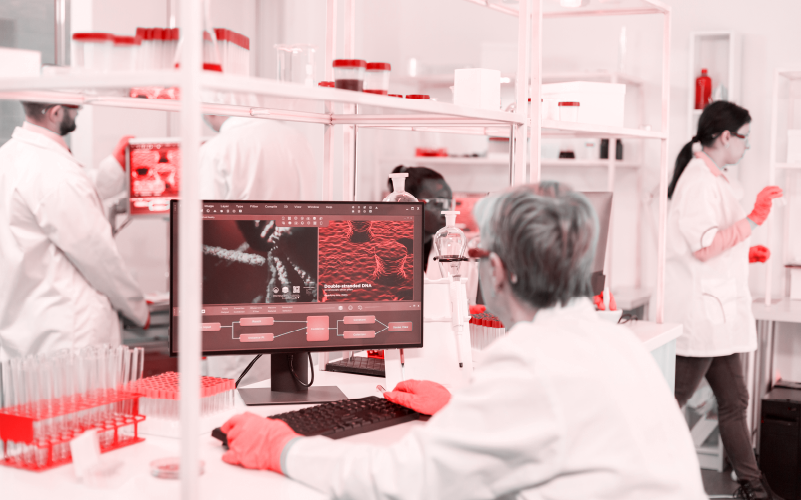
Scroll
Pharma
Find out how Mondas helps pharmaceutical and healthcare organisations tackle data security challenges within the industry.
The pharmaceutical industry is responsible for developing all varieties of life improving medications and technologies. Accordingly, the industry retains a huge amount of sensitive data surrounding patients, clinical trials, patented drugs, and research. Importantly, organisations are increasingly utilising technology to enhance their operations, which means that this information is now digitised. As such, the perfect storm materialises: masses of highly valuable data, which is stored online. Therefore, pharmaceutical companies exist as an attractive target for cyber criminals.


Challenges for the Pharmaceutical Industry
The two main cybersecurity challenges facing you as a pharmaceutical business are protecting your data estates and keeping your services operational.

Book your FREE demo


Data Protection
Personal Data
Pharmaceutical companies retain huge amounts of personally identifiable data collected from patients and clinical trials. This includes individuals’ names, dates of birth, addresses, contact details, medical records, and financial records. It is important for you to ensure that this data remains secure and inaccessible to cyber criminals, because you are under a duty to your clients to protect their private information; there are various privacy regulations and data protection laws that must be adhered to with storing client data. In particular, the Data Protection Act 2018 dictates that you must abide by the General Data Protection Regulations (GDPR). The private nature of this data means that the consequences of a data breach would be significant for both your clients and your business.
Intellectual Property
Pharmaceutical companies also store a huge amount of data pertaining to research and development projects. This includes information regarding patented drugs, technological advances, and intellectual property. It is crucial for you to protect this information because a data breach could result in serious economic consequences manifested through stolen intellectual property and patents. This would make your company’s research and development efforts redundant, therefore constituting a waste of your time, money, and resources. Further, for safety reasons, new medications and technologies should not be made public until they have been thoroughly examined and tested. As such, information regarding unfinished products could constitute a real danger if released.


Remaining Operational
The second key challenge is ensuring that your services remain operational. Cyber attacks interrupt regular business operations by slowing down or locking your systems. As a pharmaceutical business, it is important for you to remain operational at all times, so that you can continue to produce and develop life changing products. If a cyber attack impedes your operations, it could take months for your services to be fully reinstated. Accordingly, losing access to your systems would reduce your productivity, and threaten your position within the fast moving industry.

Book your FREE demo
Common Attack Vectors
Phishing attacks dominate the threat landscape within the pharmaceutical industry. These attacks most commonly manifest through malicious emails which are designed to deceive your employees into conducting certain acts. This could involve transferring data and capital to parties they shouldn’t, divulging their login credentials, or downloading malware onto their devices. These acts allow cybercriminals to compromise the wider institution’s sensitive data and assets.
In 2014, American drug company Upsher-Smith Laboratories was hit by a phishing attack. The attacker impersonated the CEO of the organisation, and directed the accounts payable coordinator to complete various wire transfers. This resulted in the loss of over $39 million.![]()
Ransomware attacks are prevalent within the pharmaceutical industry. The pathway to infection typically involves deceptive phishing emails or compromised websites. Following the successful download of malicious software onto a company device, hackers will encrypt your company’s data, lock you out of your operating systems, and hold your files hostage until you pay a ransom. In most cases, this will result in your operations being reduced or entirely inhibited for weeks.
The demand for ransom is often heightened by a threat to publish your institution’s data on the dark web for failure to comply. The threat of data publication is significant for pharmaceutical companies, because of the private and valuable nature of the data you store. Accordingly, most institutions elect to pay the ransom; universities have historically paid hundreds of thousands to restore access to their systems. This creates an environment that encourages ransomware attacks.
In June 2023, Japanese pharma giant Eisai was hit by a ransomware attack. This affected its servers both within and outside of Japan, and resulted in various IT functions being taken offline. ![]()


Particular Vulnerabilities
New TechnologiesAre you embracing new softwares to help develop new products? Perhaps you have started using artificial intelligence, cloud applications, and the Internet of Things to enhance business efficiency?
In order to develop complex products, many organisations have embraced new technologies. In particular, pharmaceutical companies widely utilise the Internet of Things to enhance efficiency. Companies use a huge number of different devices to accumulate data, and the IoT enables these devices to communicate the data across the network. This improves efficiency by streamlining access to important documents and data. However, the IoT enhances your risk of cyber attacks by increasing the attack surface, which offers greater opportunity for hackers to compromise your network. Hackers are able to target IoT devices to gain access to your systems and sensitive data. As such, the IoT increases your vulnerability to cyber attacks.
Third PartiesDoes your organisation rely on any third parties to perform various functions for you? Perhaps you have different vendors that conduct research, clinical trials, and operational activities for you?
Whilst using third party services enhances efficiency for pharmaceutical companies, it also creates a larger surface area of entry points for cybercriminals to exploit. If any of your third party contractors were to be targeted in a cyber attack, you would also be impacted. The breach could result in the loss of your data, operational delays, reputational damage, and economic damage. As such, third party vendors act as a vulnerability for pharmaceutical companies.
Mergers and AcquisitionsIs your organisation looking to undergo a merger or acquisition in the future?
Mergers and acquisitions are commonplace within the pharmaceutical industry, but they present a major risk to your sensitive data if the processes are not undertaken properly. During mergers and acquisitions, there is an increased risk of compromise due to a potential lack of data protection and due diligence, which makes your sensitive data particularly vulnerable. Further, mergers and acquisitions often demand the presence of additional external parties who advise on the process, which increases the number of individuals with access to the sensitive data. Accordingly, pharmaceutical companies are particularly vulnerable targets when undergoing a merger or acquisition.
Human ErrorAre your employees sufficiently trained in recognising and reporting cyber attacks?
Human error dominates the threat landscape within the pharmaceutical industry. This involves employees accidentally exposing confidential information, or making a mistake which allows hackers access to their organisation’s systems. Cybercriminals recognise the prevalence of human error, which constitutes the primary cause of data breaches, and exploit this when targeting their attacks. Therefore, if you don’t train your staff to recognise cyber attacks and practise good cyber hygiene, the cybersecurity protections you deploy can be made redundant through social engineering bypasses.
Sound familiar?
Get in touch with our experts to ensure your business is fully protected.
Consequences of a Cyber Attack
The two main consequences of cyber attacks for pharmaceutical companies are business interruption and data breaches. These consequences are serious, and cause further difficulties, including:
Fines and Lawsuits
The nature of the data collected by pharmaceutical companies means that you must adhere to strict regulatory requirements. These pertain to the way the data is stored, and the assurance that it will remain private. Because of this, you are under a duty to protect your staff and clients’ data (GDPR). If you fail to adequately protect this sensitive data, you might face fines from regulatory and auditing authorities, as well as legal repercussions and lawsuits.
In December 2019, the Information Commissioner’s Office (ICO) fined a pharmaceutical company £275,000 for their careless storage of client data. It was determined that the organisation had breached GDPR by leaving 500,000 documents in unlocked containers on its premises.![]()
Damage to Reputation
Cyber attacks will impact your company’s reputation. If you experience a data leak, or become unable to develop or sell your products, it will lead to a loss of trust from your consumers and partners, and damage your brand image. This is particularly damaging for pharmaceutical companies, given the nature of your work demands a high level of trust and respect; damage to reputation can result in long-term difficulties in attracting partners and securing funding.
Fraud
A data leak could result in identity theft or financial fraud, wherein your employees’ or clients’ personal information and bank details are used by a fraudster. This could have significant consequences for the affected parties, including financial loss, ruined credit histories, and refused employment opportunities.
Financial Loss
Cyber attacks result in significant economic loss. If your services are inhibited for an extended period of time, this will result in reduced business operations. Accordingly, financial loss has the opportunity to manifest through loss of business, financial fraud, the cost of remediation, lawsuits and fines, ransom payments, training programmes, loss of funding, and stolen intellectual property.
In June 2017, pharmaceutical giant Merck was hit by a cyberattack from NotPetya. Malware spread throughout their organisation, and inhibited 30,000 computers across the sales, manufacturing, and research functions. This resulted in $870 million worth of property damage, and a $410 million loss through loss of potential sales.![]()

Got a question?
Speak to one of our experts to find out if we can help you secure your business.

Take Action
The potential consequences of a cyber attack within the pharmaceutical industry are substantial. It is crucial for you to partner with cybersecurity specialists to implement strategies and training that protect your data, and prevent attacks from materialising. At a basic level, you should have an understanding of where your data is stored, who has access to it, and what your network entry points are.


